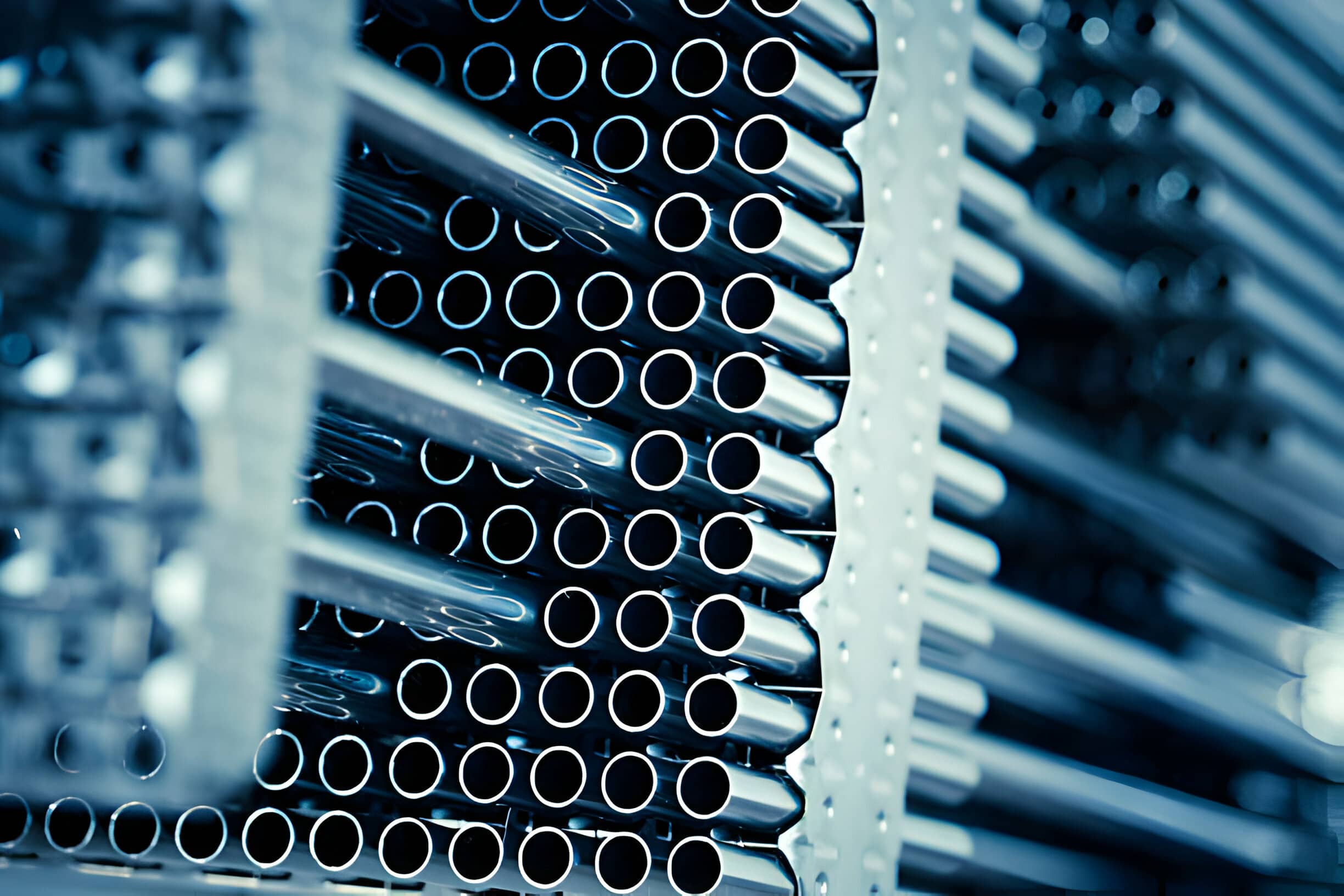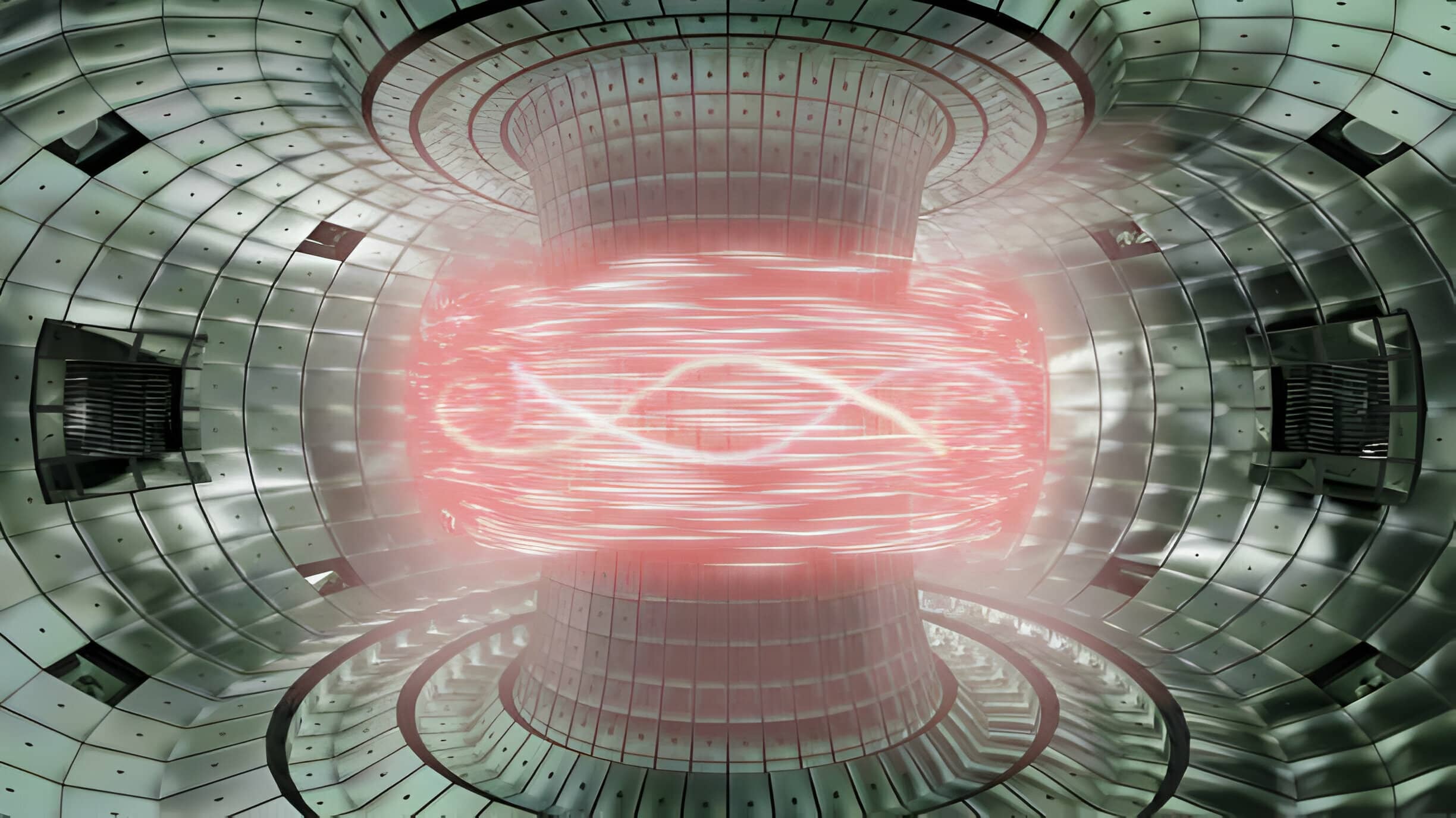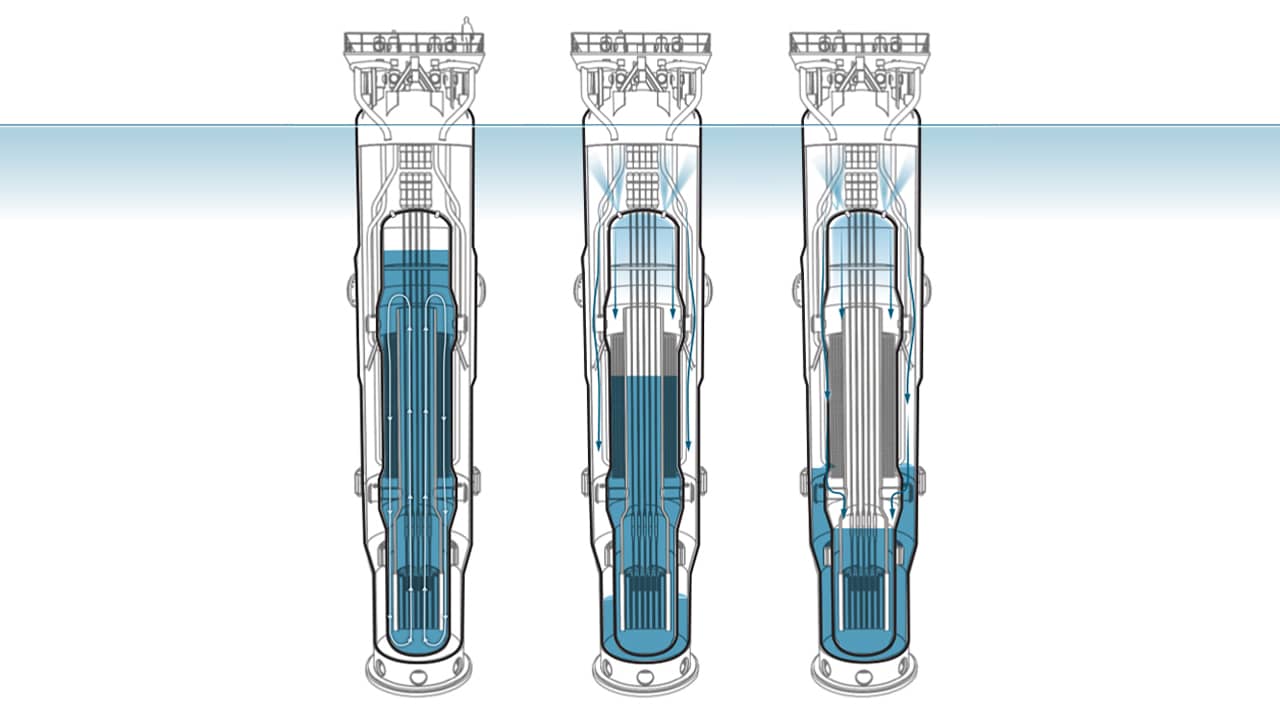Small Modular Reactors
Watch the video
Principle :
Small Modular Reactors (SMRs) are compact and modular nuclear reactors. Unlike conventional reactors, which are often large and built on-site, SMRs are designed to be smaller and more easily transportable. They can be assembled in factories and then transported to their installation site, reducing construction costs and timelines. SMRs offer increased flexibility in terms of size and capacity, making them suitable for a variety of applications, including electricity generation, combined heat and power, as well as providing energy in remote or isolated areas. These reactors can use a variety of nuclear fuels and are designed with enhanced safety features to meet the highest safety requirements.
Advantages :
- Flexibility and Scalability: SMRs offer flexibility in size and capacity, allowing for scalable deployment tailored to specific energy needs. This flexibility makes them suitable for a wide range of applications, including remote power generation, district heating, and industrial processes.
- Reduced Capital Costs: The modular design of SMRs enables factory fabrication and standardized components, leading to potentially lower capital costs compared to traditional large-scale nuclear reactors. Additionally, the ability to construct SMRs in a factory setting can streamline the construction process and reduce on-site construction time and labor costs.
- Reduced Capital Costs: The modular design of SMRs enables factory fabrication and standardized components, leading to potentially lower capital costs compared to traditional large-scale nuclear reactors. Additionally, the ability to construct SMRs in a factory setting can streamline the construction process and reduce on-site construction time and labor costs.
Disadvantages :
- Reduced Capital Costs: The modular design of SMRs enables factory fabrication and standardized components, leading to potentially lower capital costs compared to traditional large-scale nuclear reactors. Additionally, the ability to construct SMRs in a factory setting can streamline the construction process and reduce on-site construction time and labor costs.
- Waste Management: While SMRs produce less nuclear waste compared to traditional reactors, waste management remains a concern. The disposal and storage of radioactive waste generated by SMRs present technical and regulatory challenges, including the need for secure long-term storage facilities and solutions for spent fuel management.
- Deployment Challenges: The widespread deployment of SMRs faces various challenges, including regulatory approvals, public acceptance, and infrastructure requirements. Additionally, the transportation and installation of SMRs, particularly in remote or inaccessible locations, may pose logistical challenges and increase deployment costs.



0
0
votes
Article Rating
Subscribe
Login
0 Comments
Oldest
Newest
Most Voted
Inline Feedbacks
View all comments